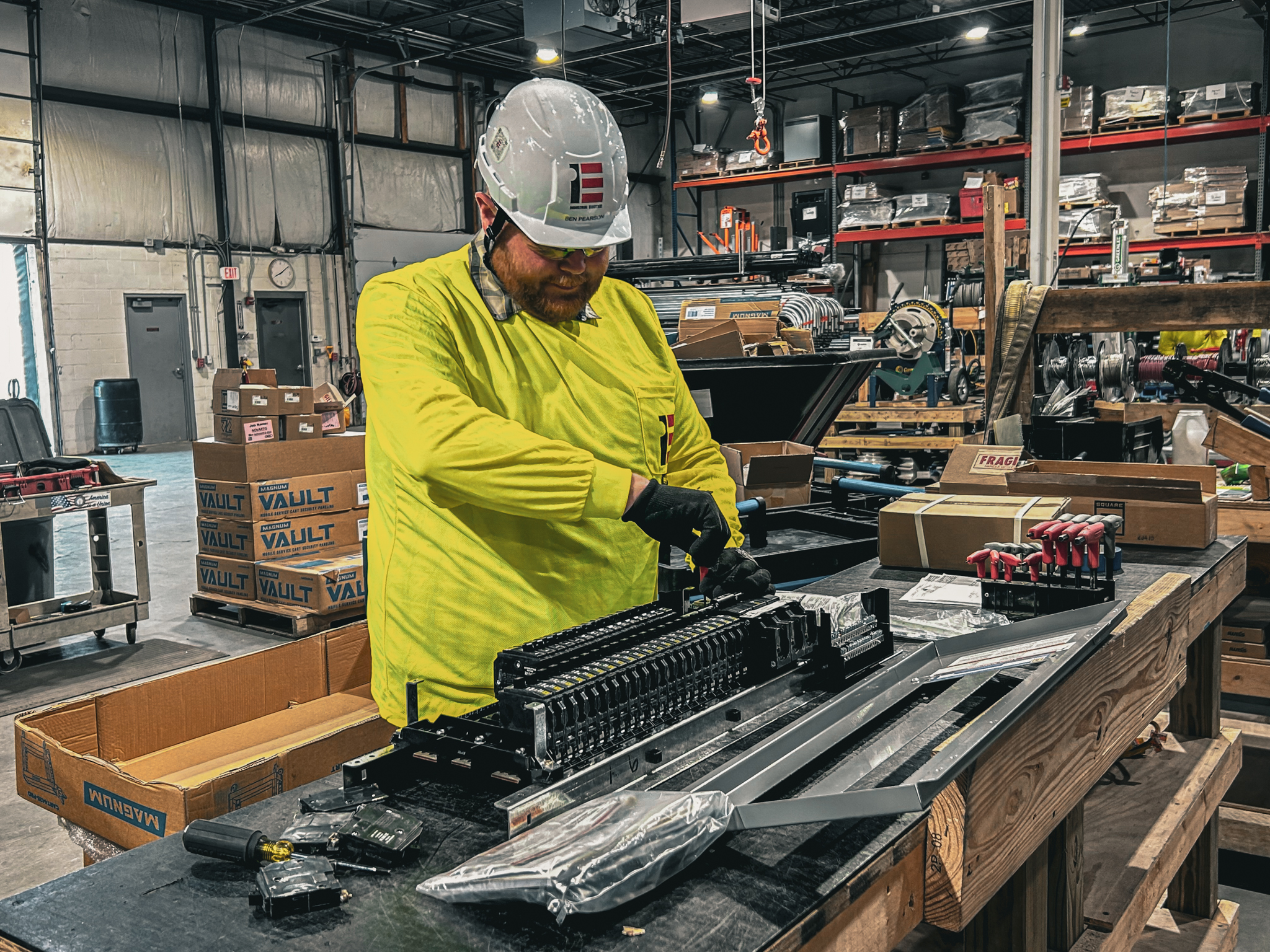Our Prefabrication
Saves Labor, Time, and Materials
ON ANY PROJECT
ON ANY PROJECT
High Quality Electrical Assemblies
Prefabricated Electrical Solutions
Prefabricated Electrical Solutions
We provide electrical assembly manufacturing services at our specialized 10,000-square-foot prefabrication shop, delivering products to construction sites for installation. We guarantee consistent, high-quality products with predictable performance, utilizing the safe and controlled environment of our prefabrication shop. Through optimized fabrication and 3D modeling in projects, we boost on-site production, elevate overall quality and safety, and adhere to project schedules.
Efficient Construction
Proactive Productivity for Outstanding Results
Proactive Productivity for Outstanding Results
Our team embraces lean construction philosophies and just-in-time delivery, requiring thorough preplanning compared to traditional practices. Early communication and coordination with different trades lead to efficient and cost-controlled installations on the job site. Our procedures prioritize seamless production flow, waste elimination, and relentless pursuit of improvement.

Shop Benefits
Shop Benefits
Our Expertise
Our Expertise

